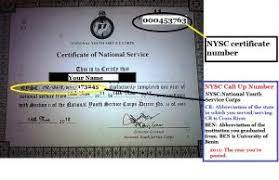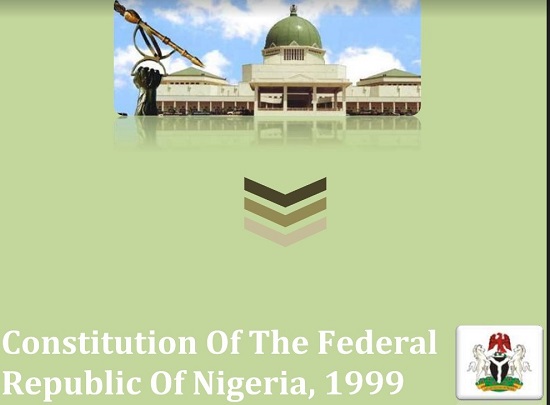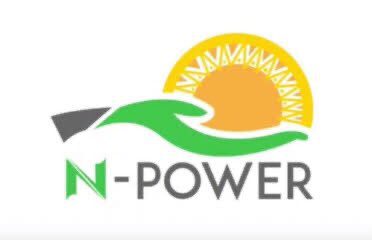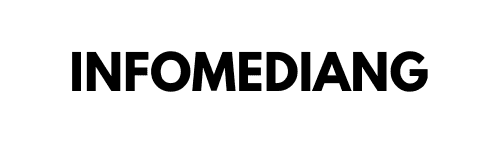Last updated on May 8th, 2024 at 05:06 am
Who is Nigeria’s Minister of Industry, Trade, and Investment?
Dr. Doris Anite is new Nigeria’s Minister of Industry, Trade and Investment. Anite was a trained medical doctor-turned-banker before joining politics.
Understanding The Ministry of Industry, Trade and Investment
With the capacity to design, promote, and implement government-approved policies that could diversify Nigeria’s economy from crude oil to non-oil products, the Federal Ministry of Industry, Trade, and Investment (FMITI) is the sole marketer of investment opportunities in Nigeria.
Dr Anite succeeds Otunba Niyi Adebayo.
Table of Contents
The Ministry since 1960 has undergone several changes ranging from name to structure and re-structuring.
In 2011 during the administration of President Goodluck Jonathan, the ministry was again restructured to purposely drive the growth of the Nigerian economy.
Before the 2011 re-structuring, it was known as the Federal Ministry of Commerce and Industry, but Investment is now part of its portfolio.
FMITI Agencies
Sometimes called parastatal, the Ministry of Industry, Trade and Investment has 16 agencies that work to help the ministry achieve its goals of simplifying the way of doing business in Nigeria and implementing policies that will encourage Foreign Direct Investment in Nigeria.
The agencies are:
- Corporate Affairs Commission (CAC)
- Industrial Training Fund (ITF)
- Financial Reporting Council of Nigeria (FRCN)
- Nigeria Export Processing Zone Authority (NEPZA)
- Nigeria Export Promotion Council (NEPC)
- National Automotive Design and Development Council (NADDC)
- National Sugar Development Council (NSDC)
- Oil & Gas Free Zone Authority (OGFZA)
- Small & Medium Enterprises Development Agency of Nigeria (SMEDAN)
- Lagos International Trade Fair Complex (LITFCMB)
- Standard Organisation of Nigeria (SON)
- Standards Organisation of Nigeria Conformity Assessment Program (SONCAP)
- Nigeria Commodities Exchange
- Bank of Industry (BOI)
- Consumer Protection Council (CPC)
- Tafawa Balewa Square Management Board (TBSMB)
- Nigeria Investment Promotion Commission (NIPC)
Year of the establishment of the agencies
| Parastatal | Year of Establishment |
| CAC | 1990 |
| ITF | 1971 |
| FRCN | 1982 |
| NEPZA | 1992 |
| NEPC | 1976 |
| NADDC | May 30, 2014 |
| NSDC | 1993 |
| OGFZA | March 29, 1996 |
| SMEDAN | 2003 |
| SON | December 1971 |
| SONCAP | 2005 |
| Nigeria Commodities Exchange | 2001 |
| BOI | October 2001 |
| CPC | 1992 |
| TBSMB | 1961 |
| NIPC | 2004 |
Key roles of the agencies of Nigeria’s Ministry of Industry, Trade and Investment
CAC
The key functions of CAC are: to register and regulate the activities of businesses and companies, NGOs, Clubs, and religious organisations in Nigeria
ITF
To regulate Training Standards And Provide Need-based Human Capital Development Interventions Using Corps of Highly Competent Professionals In Line With Global Best Practices
FRCN
Formerly the Nigerian Accounting Standards Board, it is charged with setting accounting standards in Nigeria
NEPZA
To establish, license, regulate and operate highly efficient Free Zones across Nigeria
NEPC
To promote, develop, and diversify exports to non-oil products in Nigeria.
NADDC
To adequately harness Nigeria’s resources so as to enhance local manufacturing of vehicles in Nigeria.
NSDC
To speed up the development and growth of local sugar production in Nigeria and reduce the importation of sugar into Nigeria. This way Nigeria can conserve its foreign exchange
OGFZA
To set an Oil Service Center (OSC) for onshore and offshore operations while providing the West African and greater sub-Saharan Oil & Gas industry with easy access and duty-free distribution facilities.
SMEDAN
To facilitate the promotion and development of the Micro, Small, and Medium Enterprises (MSMEs) sector in an efficient and sustainable manner and issues Unique Identification Numbers to SMEs in Nigeria
SON
To ensure that locally manufactured products in Nigeria are good to satisfy the consumers.
SONCAP
To ensure that products entering Nigeria are of standard and do not pose a health risk
Nigeria Commodities Exchange
To collect and disseminate market information and data and to regulate commodity trading
BOI
To provide financial assistance for the establishment of large, medium and small projects in order to make Nigeria’s economy self-sufficient.
CPC
To address consumers’ complaints and provide consumer education. To serve as a link between the seller and consumer of products
TBSMB
To develop the National trade and International Business Centre (NTIBC) Lagos.
NIPC
To promote, encourage, and coordinate all investments in Nigeria in order to attract Foreign Direct Investment (FDI)
Functions of Nigeria’s Ministry of Industry, Trade and Investment
With the above agencies under the ministry, here are the key collective functions of Nigeria’s ministry of industry, trade, and investment:
1) To attract foreign investment into Nigeria by creating an enabling environment.
2) To make Nigeria the most preferred investment destination
3) To maximize the benefits of international trade through functional bilateral and multilateral trade relations with other countries
4) To enhance the productivity of existing industries in Nigeria
5) To draw policies on how to boost the development of Micro, Small, and Medium Enterprises (MSME) because of their importance to Nigeria’s economic growth.
6) To formulate trade policies that will benefit Nigeria and its trade partners.
Address:
Old Federal Secretariat, Area 1, Garki, FCT, Nigeria
Official website: fmiti.gov.ng
Wrapping up:
The Ministry of Industry, Trade and Investment also offers almost 30 services to investors or prospective investors through its seven departments.
The departments are:
- Industrial Development Department
- Trade Department
- Investment Promotion Department
- Commercial Law Department
- Industrial Inspectorate Department
- Weights and Measures Department
- Commodities and Products Inspectorate Department







